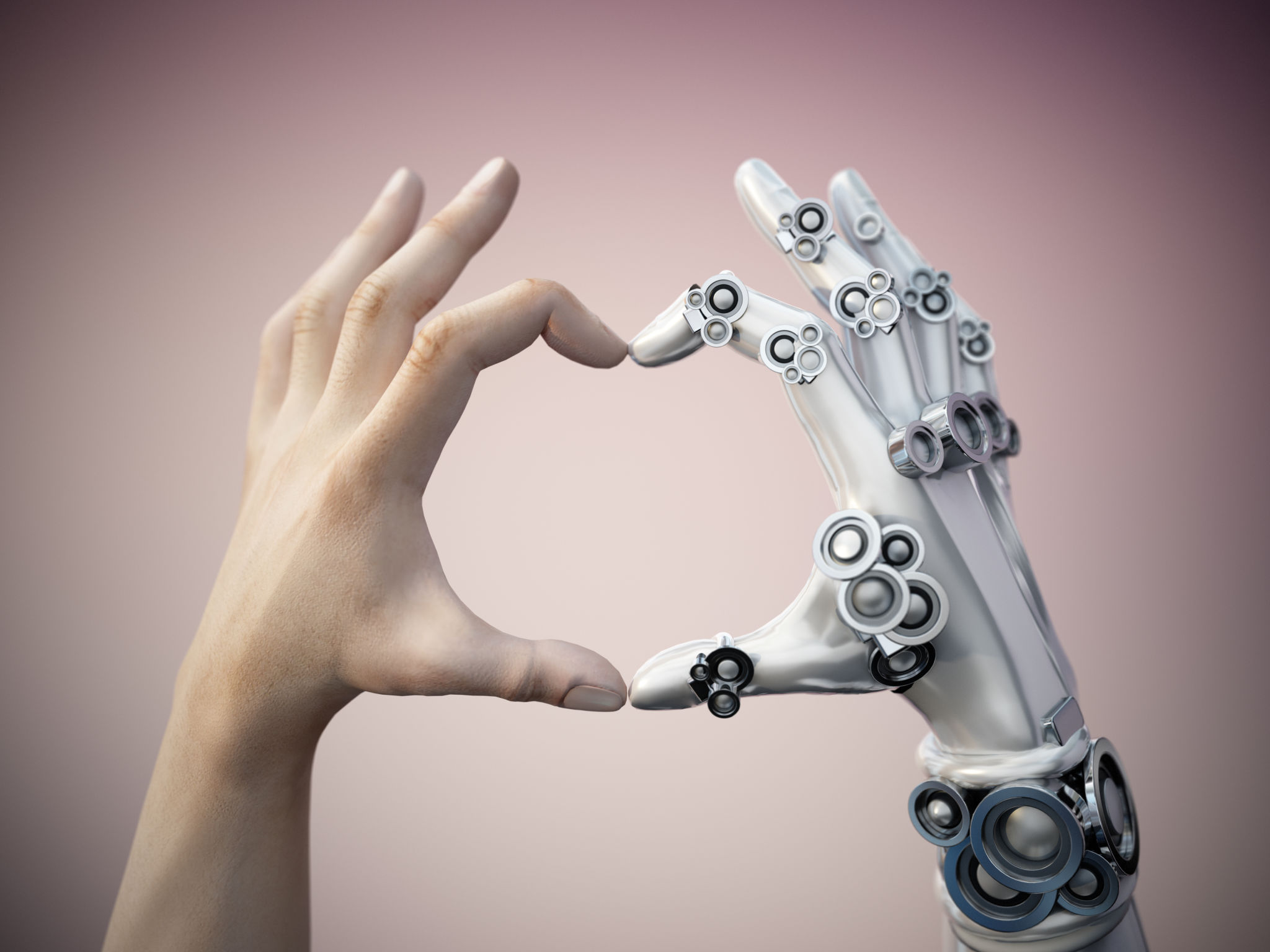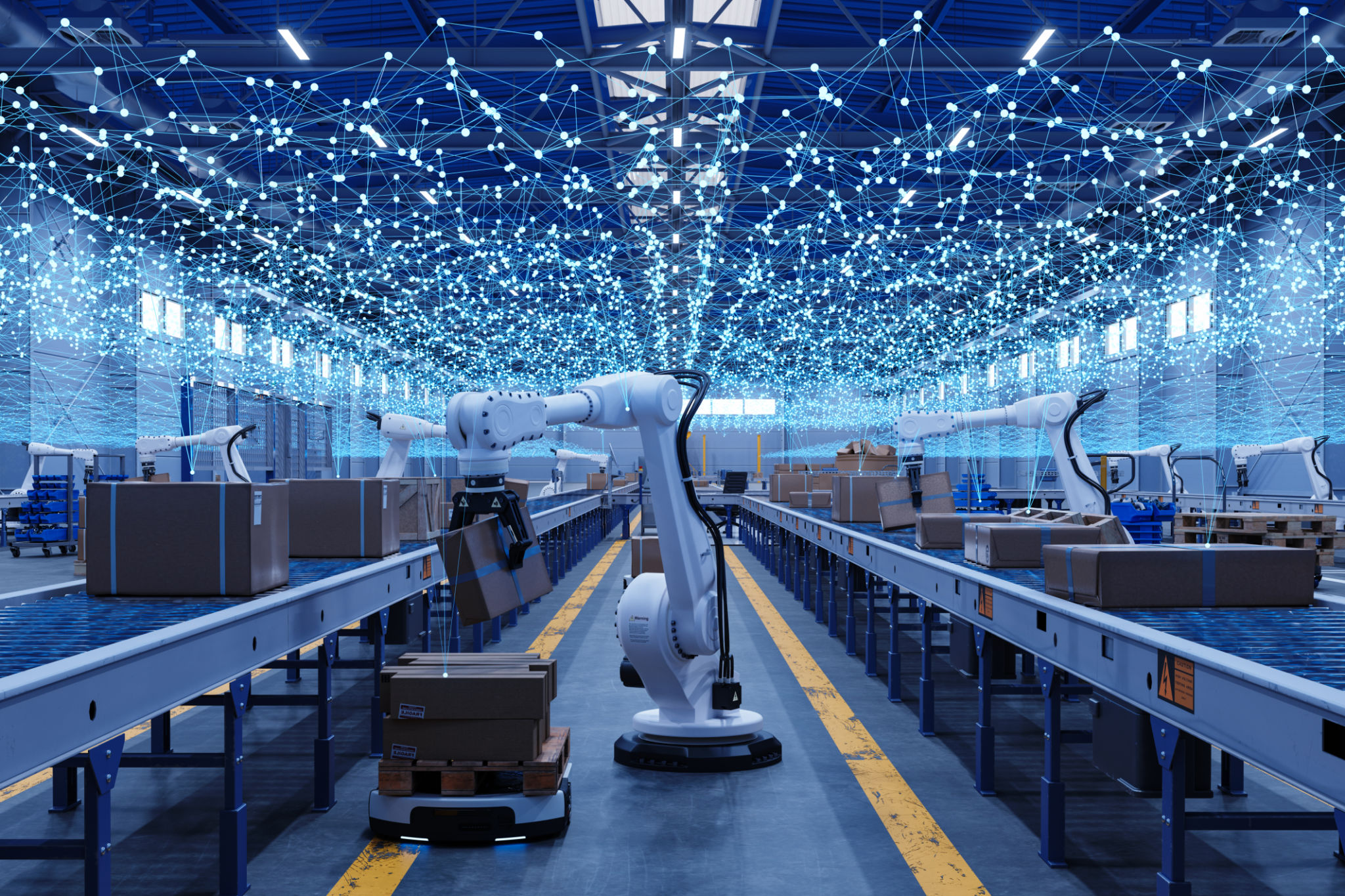Maximizing Efficiency: The Benefits of Using Industrial Robots in Businesses
Introduction to Industrial Robots
The modern business landscape is increasingly competitive, and companies are constantly seeking ways to improve efficiency and productivity. One solution that has gained significant traction is the use of industrial robots. These machines have transformed how businesses operate, offering numerous benefits that extend beyond mere automation.

Enhancing Productivity and Precision
Industrial robots are renowned for their ability to work tirelessly, without the need for breaks or downtime. This continuous operation significantly boosts productivity, allowing businesses to meet high demands without compromising on quality. Moreover, robots excel in precision, executing tasks with a level of accuracy that is difficult for humans to match. This precision reduces waste and enhances the overall quality of products.
Reducing Operational Costs
While the initial investment in industrial robots can be substantial, the long-term savings are considerable. By automating repetitive and labor-intensive tasks, businesses can reduce their reliance on human labor, leading to significant cost savings. Additionally, robots can work in environments that may be hazardous to humans, minimizing the risk of workplace injuries and the associated costs.

Flexibility and Adaptability
Modern industrial robots are designed to be highly flexible, capable of performing a wide range of tasks across different sectors. This adaptability allows businesses to quickly pivot and adjust their operations to meet changing market demands. With the ability to reprogram robots for different tasks, companies can maintain a competitive edge in a dynamic marketplace.
Improving Workplace Safety
One of the most significant advantages of using industrial robots is the improvement in workplace safety. Robots can take over dangerous tasks, reducing the risk of accidents and injuries. This not only protects employees but also fosters a safer working environment, which can lead to increased employee satisfaction and retention.

The Future of Industrial Automation
As technology continues to advance, the capabilities of industrial robots are expanding. Innovations such as artificial intelligence and machine learning are making robots smarter and more efficient. This evolution promises to further enhance the benefits they offer, making them an indispensable asset for businesses looking to maximize efficiency.
Conclusion
In conclusion, the integration of industrial robots into business operations is no longer just an option but a necessity for companies aiming to thrive in a competitive market. By enhancing productivity, reducing costs, improving safety, and providing flexibility, industrial robots are transforming the way businesses operate, paving the way for a more efficient and innovative future.